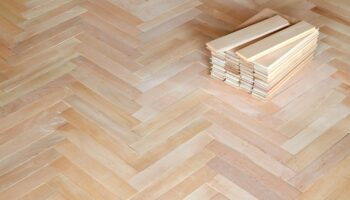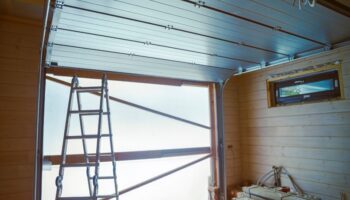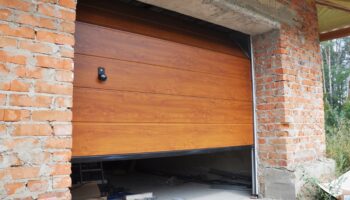Creating a flourishing garden requires careful planning and the right garden supplies. From soil amendments to tools and equipment, having the essential supplies on hand can make a significant difference in the health and productivity of your garden. Whether you’re a seasoned gardener or just starting out, here’s a guide to the must-have garden supplies you need to cultivate a thriving garden.
1. Quality Soil and Soil Amendments
The foundation of a successful garden is high-quality soil. Good soil provides the necessary nutrients, drainage, and support for healthy plant growth. One essential garden supply is compost, which enriches the soil and improves its structure. Compost can be made from kitchen scraps, yard waste, and other organic materials.
Additionally, mushroom compost is an excellent option for improving soil quality. Mushroom compost is a byproduct of mushroom farming and is rich in nutrients that can enhance soil fertility. It helps improve soil structure, moisture retention, and supports the growth of beneficial microorganisms. Incorporate mushroom compost into your garden beds to provide a nutrient boost and create an optimal environment for your plants.
2. Gardening Tools
Having the right tools makes gardening tasks more efficient and enjoyable. Essential gardening tools include:
- Hand Trowel: Perfect for planting, digging, and transferring soil.
- Pruners: Used for trimming and shaping plants, shrubs, and small branches.
- Garden Fork: Ideal for turning and aerating soil.
- Hoe: Helps with weeding and preparing garden beds.
- Watering Can or Hose: Ensures your plants receive adequate water.
Investing in high-quality tools that are comfortable to use will make your gardening experience more pleasant and productive.
3. Planting Supplies
When planting new seeds or plants, having the right supplies is crucial for success. Key planting supplies include:
- Seed Trays or Pots: Useful for starting seeds indoors or transplanting seedlings.
- Plant Labels: Helps keep track of different plant varieties and planting dates.
- Mulch: Used to cover the soil surface, mulch helps retain moisture, suppress weeds, and regulate soil temperature. Organic mulches, such as straw or wood chips, break down over time and enrich the soil.
4. Fertilisers and Plant Food
Fertilisers are essential for providing plants with the nutrients they need to grow and produce. There are various types of fertilisers, including granular, liquid, and slow-release options. Choose fertilisers that are appropriate for the specific plants you are growing. Additionally, consider using organic fertilisers, which can be more environmentally friendly and improve soil health over time.
5. Pest and Disease Control
Managing pests and diseases is a key aspect of maintaining a healthy garden. Essential supplies for pest and disease control include:
- Insecticidal Soap: Effective for controlling a range of common garden pests.
- Neem Oil: An organic option for managing pests and diseases.
- Row Covers: Protect plants from insects and harsh weather conditions.
Regularly inspect your garden for signs of pests or diseases and take action as needed to prevent damage to your plants.
6. Garden Containers
For those with limited space or who prefer container gardening, having a selection of garden containers is important. Choose containers that are appropriate for the plants you are growing, ensuring they have adequate drainage. Containers come in various materials, such as clay, plastic, and ceramic, each offering different benefits. Ensure that your containers are large enough to accommodate the plant’s root system and provide proper drainage to prevent waterlogging.
7. Garden Furniture and Accessories
Garden furniture and accessories enhance the functionality and enjoyment of your outdoor space. Consider adding:
- Garden Bench: A comfortable spot to relax and enjoy your garden.
- Garden Tools Storage: Keeps your tools organised and easily accessible.
- Compost Bin: For creating your own compost from organic waste.
These accessories not only add convenience but also contribute to a more pleasant gardening experience.
8. Irrigation System
An efficient irrigation system ensures that your garden receives consistent and adequate water. Options include:
- Drip Irrigation: Delivers water directly to the plant roots, reducing water waste.
- Sprinkler System: Covers larger areas and can be adjusted for different plant needs.
Choose an irrigation system that suits the size of your garden and the specific needs of your plants.
Conclusion:
In summary, having the right garden supplies is essential for creating and maintaining a thriving garden. From quality soil amendments like mushroom compost to essential tools and irrigation systems, investing in the right supplies will help ensure your garden’s success. Regularly assess your garden’s needs and keep your supplies well-stocked to enjoy a bountiful and beautiful garden throughout the seasons.




